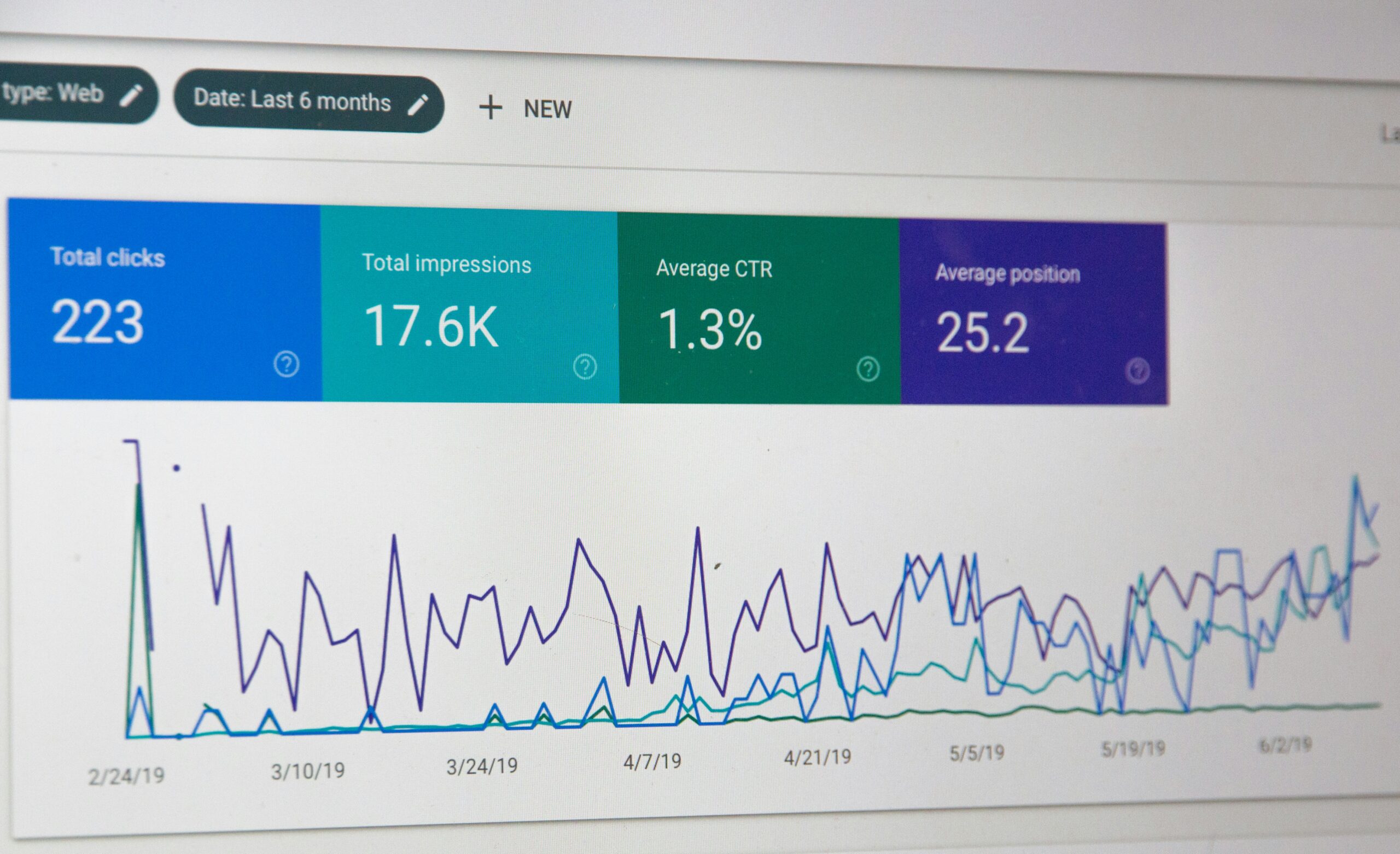Nonprofit organizations face constant challenges in raising awareness and securing funding. With more people turning to online search to discover causes to support, SEO for charities has become a critical tool in modern nonprofit marketing. By improving visibility in search engine results, charities can attract more visitors, increase donations, and build stronger communities.
If your organization isn’t yet investing in SEO, now is the time to start. In this guide, we’ll explain how nonprofits can leverage SEO strategies to increase impact and drive results—without needing a massive marketing budget.
Why SEO for Charities Is Essential
People Search for Causes They Care About
Every day, thousands of potential donors and volunteers search for causes online. Whether they’re looking for “best charities to support for clean water” or “volunteer opportunities in [your city],” strong nonprofit SEO ensures your organization appears at the top of those searches. Without a strategic presence, you’re missing opportunities to connect with supporters who are actively seeking to help.
Builds Credibility and Trust
Ranking high in search engine results builds trust with potential supporters. People trust Google to recommend reputable organizations. When your charity shows up prominently in relevant searches, you’re perceived as more legitimate and trustworthy. SEO for nonprofits helps you tell your story, highlight your mission, and build long-term relationships.
Cost-Effective Long-Term Growth
Unlike paid advertising, which stops producing results when your budget runs out, SEO for charities delivers long-term value. Once your content ranks, it continues attracting visitors and donors over time—providing a higher return on investment than most traditional advertising methods.
SEO Strategies That Help Charities Grow
1. Conduct Keyword Research Focused on Mission and Impact
The first step in charity SEO is identifying keywords your audience is already using. Focus on phrases related to your mission, services, and donor intent. For example:
- “Donate to wildlife rescue”
- “Charities helping disaster victims”
- “Volunteer with kids in ”
Using keyword tools like Google Keyword Planner or Ubersuggest, target both general and long-tail phrases. Don’t forget location-based searches if your organization operates locally.
2. Optimize Website Structure for SEO
A strong site foundation is essential. Your charity website should be:
- Mobile-friendly
- Fast-loading (under 3 seconds)
- Secure (HTTPS)
- Easy to navigate
Use SEO-friendly URLs, optimized meta titles and descriptions, and clear internal linking. For example, use /volunteer-opportunities instead of a generic /page?id=123. Add alt text to images and ensure your site structure makes it easy for search engines to crawl.
3. Create Purpose-Driven, Optimized Content
High-quality content helps you rank and converts visitors into supporters. Every page should target a specific keyword or donor intent.
Types of content that work well for charity SEO:
- Blog posts explaining your cause and how people can help
- Impact stories from beneficiaries and donors
- How-to guides (e.g., “How to organize a community fundraiser”)
- Volunteer resources and FAQs
- Donation pages optimized for search terms like “support clean energy nonprofit”
Make sure to naturally include your primary keyword—SEO for charities—as well as related terms like “nonprofit SEO” and “digital marketing for charities.”
4. Build Backlinks from Trusted Sources
Backlinks (links from other websites to yours) are a major factor in search rankings. Charities have excellent opportunities to build backlinks through:
- Press releases and news features
- Collaborations with community partners
- Guest blog posts on industry sites
- Being listed in charity directories
- Government or educational endorsements
When a reputable source links to your site, it boosts your domain authority and improves your SEO rankings.
5. Prioritize Local SEO to Boost Community Engagement
If your charity operates in specific regions, use local SEO strategies to show up in community searches.
Steps include:
- Claiming and optimizing your Google Business Profile
- Using location-based keywords (e.g., “food bank in Detroit”)
- Embedding Google Maps on your contact or visit-us pages
- Getting reviews from volunteers, donors, and beneficiaries
Local SEO makes your charity more visible to people in your service area—essential for building trust and gaining grassroots support.
6. Leverage Schema Markup to Enhance Visibility
Schema markup helps search engines understand your content. For charities, this can include donation buttons, contact info, events, and FAQs—all of which can appear as rich snippets in search results.
Adding schema improves click-through rates and positions your site as more trustworthy and informative.
Common Mistakes Nonprofits Make in SEO
Neglecting Mobile Optimization
Over 60% of web traffic comes from mobile devices. If your site isn’t mobile-optimized, you risk losing donors before they even see your content. Google also uses mobile-first indexing, meaning your mobile performance directly affects rankings.
Overusing Keywords (Keyword Stuffing)
Repeating keywords unnaturally—such as stuffing “SEO for charities” ten times in a single paragraph—can harm rankings. Write for your human audience first and ensure keywords are used naturally throughout your content.
Failing to Track and Analyze SEO Performance
Use tools like Google Analytics and Search Console to track:
- Organic traffic
- Keyword rankings
- Bounce rates
- Donations and conversions
This data shows what’s working, what needs improvement, and where to focus your efforts.
How to Track SEO Success for Charities
Once your SEO strategy is in motion, measure your success using the following KPIs:
- Organic Traffic – Are more people finding your site through search engines?
- Engagement Metrics – Are they staying, reading, and taking action?
- Keyword Rankings – Are your priority keywords (e.g., “donate to a women’s shelter”) climbing in Google?
- Conversion Rates – Are visitors donating, signing up, or volunteering?
- Backlink Growth – Are other organizations or blogs linking to your site?
Tracking these metrics helps refine your SEO efforts and improve your digital strategy over time.
Charity SEO in Action: Long-Term Results, Greater Impact
Imagine someone searching, “how to help after a hurricane.” If your charity has optimized content on disaster relief, volunteer opportunities, or donation options, they’ll find you first. That’s the power of SEO for charities—getting your message to the right people at the right time.
Your website becomes more than a brochure. It becomes a tool for change.
At Skyfield Digital, we specialize in SEO strategies tailored for nonprofits and charities. Whether you’re just starting or ready to scale your digital impact, we can help you rank higher, drive more donations, and build a stronger online presence.
Call us today at (203) 226-8795, or visit skyfielddigital.com to connect with our team and start growing your mission with smart SEO.





